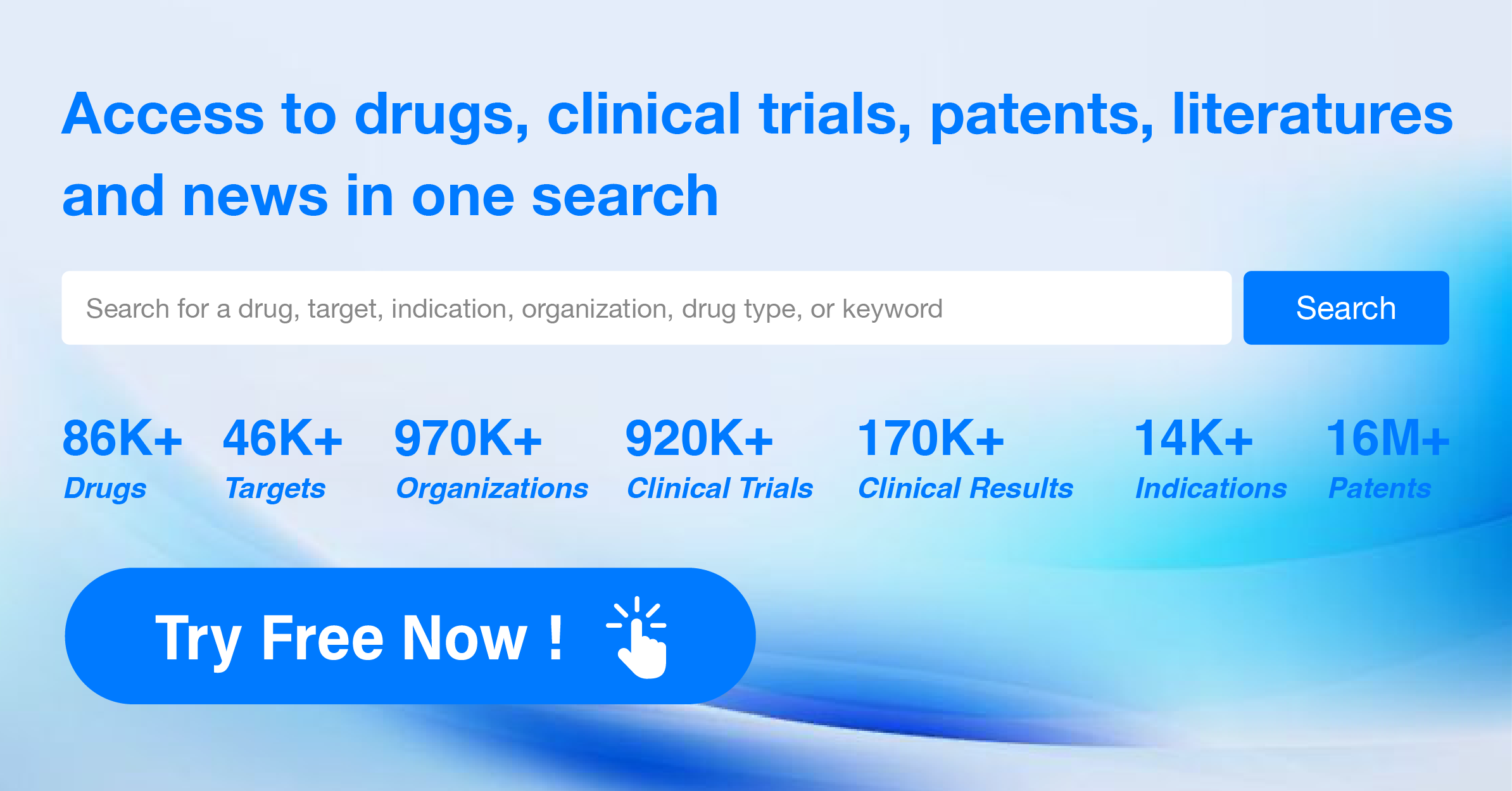Kura Oncology Initiates KOMET-008 Trial: Ziftomenib Combined with Standard Therapies in AML Treatment
Kura Oncology, a biopharmaceutical firm specializing in precision cancer treatments, has initiated its Phase 1 clinical trial, KOMET-008, which involves administering the menin inhibitor ziftomenib in tandem with gilteritinib, FLAG-IDA, or LDAC to patients suffering from NPM1-mutant or KMT2A-rearranged acute myeloid leukemia (AML). The trial's primary objectives are to evaluate the safety, tolerability, pharmacokinetics, and clinical efficacy of the combined therapies.
The first patient has received the trial treatment, marking a significant step in exploring potential new options for individuals with AML, particularly those with NPM1 mutations or KMT2A rearrangements who have relapsed or are refractory to standard treatments. Notably, approximately 50% of patients with NPM1-mutant AML also have FLT3 mutations, which are associated with a poorer prognosis. Kura's Chief Medical Officer, Stephen Dale, M.D., highlighted the potential of ziftomenib and gilteritinib's combination due to their observed safety profile and monotherapy effectiveness in previous studies.
The study is structured to include five dose-escalation cohorts, with one specifically targeting patients with FLT3 co-mutations who will receive gilteritinib alongside ziftomenib. More details on the trial can be found at www.clinicaltrials.gov under the identifier NCT06001788.
Kura is also conducting additional research to assess the efficacy of ziftomenib when combined with current standard treatments across various patient groups and stages of therapy. Positive preliminary results from the KOMET-007 study, which combines ziftomenib with venetoclax and azacitidine or standard chemotherapy in patients with untreated or relapsed/refractory AML, were reported in January 2024.
Preclinical studies have shown that menin inhibitors, when used in conjunction with multiple FLT3 inhibitors, can produce strong synergistic effects. Currently, no other clinical trials are actively exploring the combination of a menin inhibitor with an FLT3 inhibitor for AML treatment.
AML is the most prevalent form of acute leukemia in adults, characterized by the production of abnormal cells in the bone marrow. Despite numerous treatment options, the prognosis for AML patients is often grim, with a significant need for improved therapies. Genetic alterations, including NPM1 mutations and KMT2A rearrangements, are common in AML cases. These mutations are associated with high relapse rates and poor survival outcomes, particularly when co-occurring with other gene mutations such as FLT3, DNMT3A, and IDH1/2.
Ziftomenib, an investigational drug, targets the menin-KMT2A/MLL protein interaction and has demonstrated significant anti-leukemic activity in preclinical AML models. It has received Orphan Drug Designation from the FDA for AML treatment. Kura Oncology is dedicated to advancing precision medicine in oncology, with a pipeline of small molecule drugs aimed at cancer signaling pathways. The company is currently enrolling patients in a Phase 2 trial for ziftomenib (KOMET-001) and exploring its combination with other treatments.
How to obtain the latest research advancements in the field of biopharmaceuticals?
In the Synapse database, you can keep abreast of the latest research and development advances in drugs, targets, indications, organizations, etc., anywhere and anytime, on a daily or weekly basis. Click on the image below to embark on a brand new journey of drug discovery!




